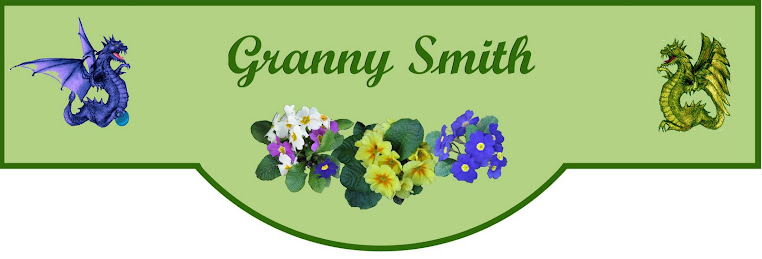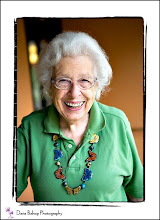 This is my granddaughter Myrtle on her 4th birthday in 1985even though the story arises from my 4th birthday.Just goes to show how important that birthday is to little girls!
This is my granddaughter Myrtle on her 4th birthday in 1985even though the story arises from my 4th birthday.Just goes to show how important that birthday is to little girls!
Fourth Birthday
When I was a four years old, my parents decided that I must have a piano. In those days (1925), pianos were almost as ubiquitous as TVs are today, at least in middle-class households. My parents bought a little honey-colored Baldwin studio upright . As soon as it was delivered and installed in the living room of our four-room (plus sleeping porch) house, Mother sat down to play it. She could read music inexpertly, but she had one “show-off piece”: Ethelbert Nevin’s Welcome, Sweet Springtime, known at that time as an “art song.” She rolled it off with aplomb and many arpeggios, then opened a song book and hesitantly accompanied my father’s rich bass on old college songs.
“But I want to play! It’s my piano,” I reminded them. “And today is MY birthday!
Mother consulted friends as to who might be a good music teacher for such a young child. Mother and I went to my first piano lesson, and I came home with a chart of the staff to prop behind the piano keys and with two whole pages to practice, both limited to three contiguous notes of which Middle C was the central one.
It wasn’t long before I progressed to “Polly, put the kettle on”, but music wasn’t the only attraction of those lessons.
My teacher lived on a steep hillside above the Santa Cruz boardwalk with it’s fancy domed “Casino.” If my Mother and I arrived a little early for a piano lesson - and Mother’s philosophy was that it was only rudimentary politeness to arrive ahead of time - I would be sent to the back garden to play. It sloped steeply from one side of the back fence to the other and even more steeply toward the house. Its stone stairs led upward through ferny banks and mossy terraces and across dry pebbled streams with lacquer-red bridges. Dozens of brightly colored figures lurked throughout the garden: red-hatted elves and winged fairies, raccoons and rabbits and giant green frogs, even flamingos at the edge of a little pond whose goldfish were the only actually living creatures installed in the garden. Paradise for a child!
 The Casino at Santa Cruz circa 1900
The Casino at Santa Cruz circa 1900
This building burned down and was replaced
by the domed one I describe.
Then after my lesson, if the morning was bright and the ocean sparkling, I could frequently prevail upon my mother to descend the steep street to the Casino. As far as I know, it had never had the gambling that its name implied. What it contained at that time was a Penny Arcade. The cavernous interior was usually colder than the outside sunlit air, and it had a slightly moldy smell. We were often the only customers in the echoing space, although, perhaps in the afternoon, school children came to play the arcade games, jiggling levers to animate the figures of the baseball team or the pugilists. I begged for pennies to feed into the slots of my favorite machines, each with little wrought-iron steps attached to its iron pedestal to enable people my size to reach the eyepieces or working parts. In the ones my mother most approved, my penny turned on a light that illuminated a stereoptical slide show, with a lever to advance the slides. My mother preferred the educational ones such as those of national parks. The ones I liked best, though, were the “moving pictures.” Mother had to turn the crank for me, and I would glue my eye to the eyepiece to see the silent flickering figures jerk rapidly into motion, distressed maidens with hands clasped to their bosoms remonstrating with mustachioed villains. The whole drama would be over in two to three minutes.
I loved to practice my piano lessons, and, after my required fifteen minutes, to explore the possibilities of the smooth ivory keys. I soon figured out that moving my hands to the right produced higher tones, to the left lower tones. It was only a few weeks before I could use one finger to play the melody of America. “My country, 'this of thee...” My parents were thrilled when I demonstrated it to them. I think they foresaw a future for me as a concert pianist.
















